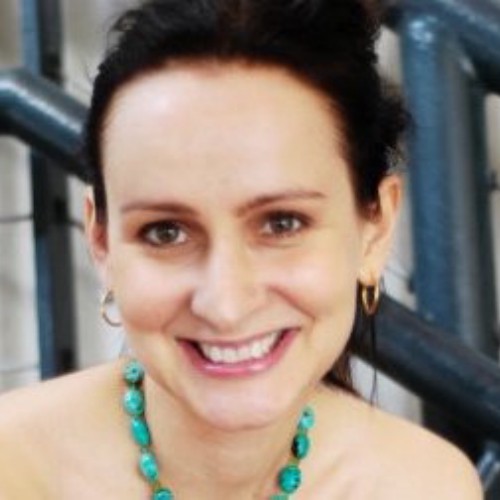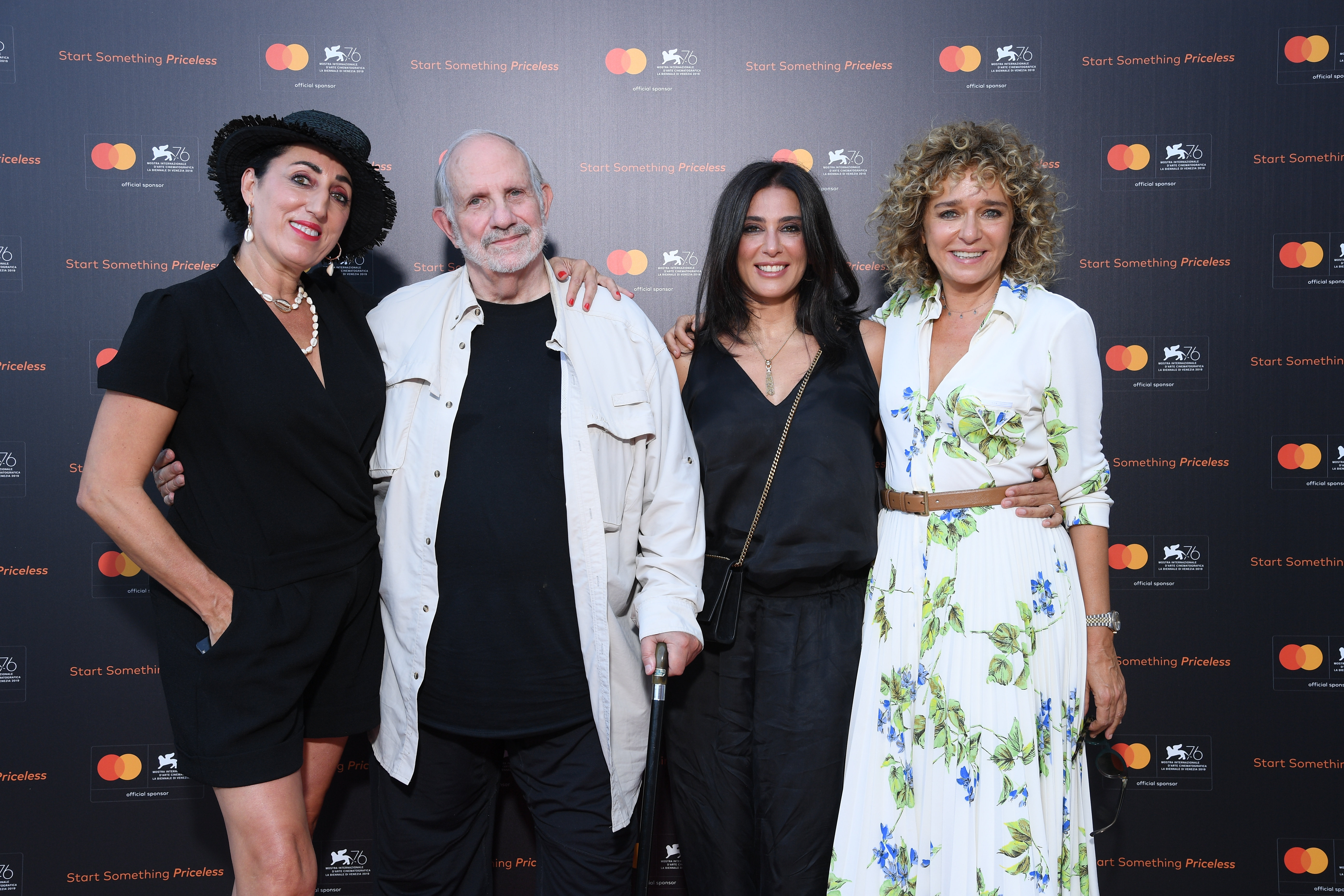In the last year, we’ve all witnessed one of the greatest examples of the power of one: Greta Thunberg. In August of 2018, Thunberg sat herself, alone in front of the Swedish parliament with a sign and a purpose — calling for strong climate action to try to reverse the disaster of global warming.
Just days ago Thunberg, who is 16 years-old, spoke in front of world leaders at the United Nations, and people marched in honor of her cause all over the world. Now, that’s a lesson in how change can be achieved!
And yet, every single day, we as individuals continue to ignore our own power of one. Each time we view something on TV, watch a film on a streaming platform or choose to go to the movies, we vote with our wallet and our will. Ask yourself, before handing over that $10 bill to the theater cashier — “am I making this world better with this choice?” Chances are, if you’re watching what I like to call cinema with a conscience, you are. Because the learning experiences and good vibes you’ll be taking home with you from the reassuring darkness of that cinema will make you a better human being. And a better human being makes for a better world.
At this year’s Venice Film Festival, Mastercard hosted a wondrous masterclass inside a beautiful baroque ballroom in the majestic Excelsior Hotel. To put things into perspective, the Excelsior is where all the stars stay during the festival, and the Sala Stucchi was featured in Sergio Leone’s ‘Once Upon A Time In America’ starring Robert De Niro. How’s that for cinematic legacy.
Participating in the masterclass were also a quartet of movie-making royalty — American legend Brian De Palma, Lebanese Oscar nominee Nadine Labaki, Italian actress and filmmaker Valeria Golino and Spanish actress and fashion entrepreneur Rossy De Palma. It was an event I’ll never forget.
During the talk Valeria Golino offered her own take on the power of cinema. She disclosed that the first film she remembered watching, when she was around 4 or 5 years old, was ‘Bambi’: “It’s the first memory of a movie where I understood the power of cinema; ‘Bambi’ is a masterpiece from every point of view.”
The best way to learn from these powerhouses of world cinema is to read through some of their more meaningful quotes. Even just one is enough to change my outlook, but following are a selection of lessons in the true power of one. Enjoy!
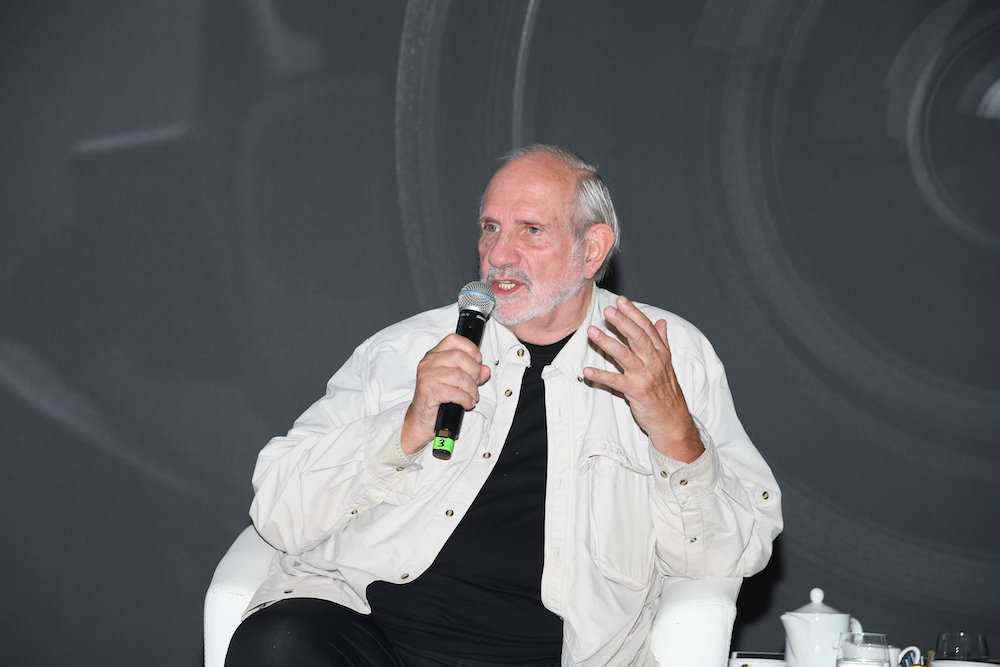
“Cinema allows to give a single character’s point of view. Only cinema can do that, offering a clear perspective” – Brian De Palma
“Movies make people experience realities that are different from the one they are living, avoiding difficult and negative situations. This is the power of cinema” – Nadine Labaki
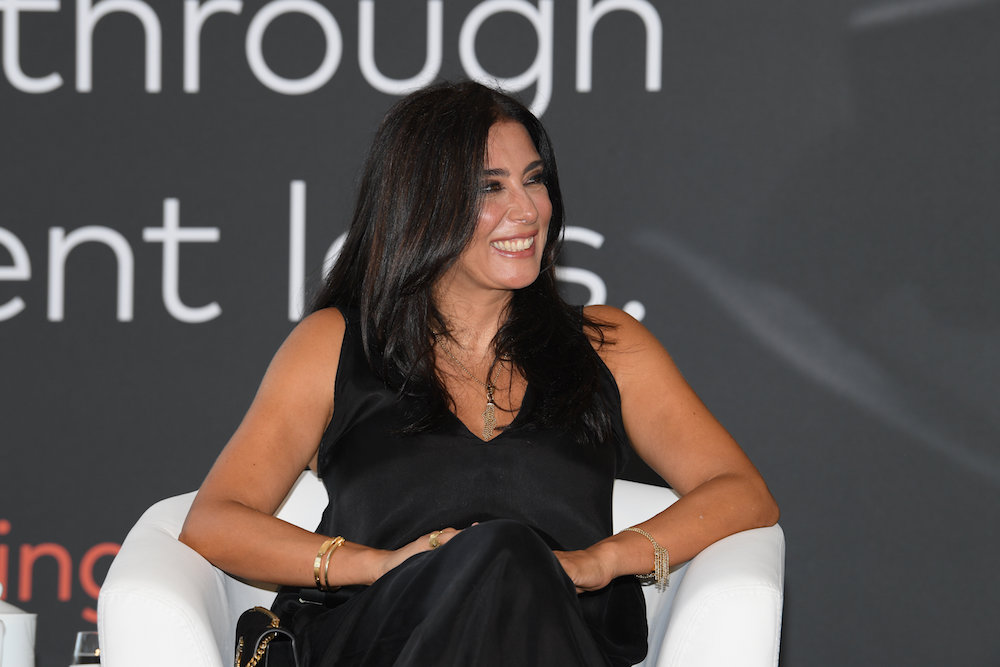
“Cinema gives the possibility of infinite interpretations, emotionally involving who is watching. A movie ends only on the big screen, when the viewers have their personal interpretations. This is cinema, this is magic” – Rossy De Palma
“Artistic diversity is crucial in cinema. Every kind of diversity should be welcomed, regardless of gender” – Valeria Golino
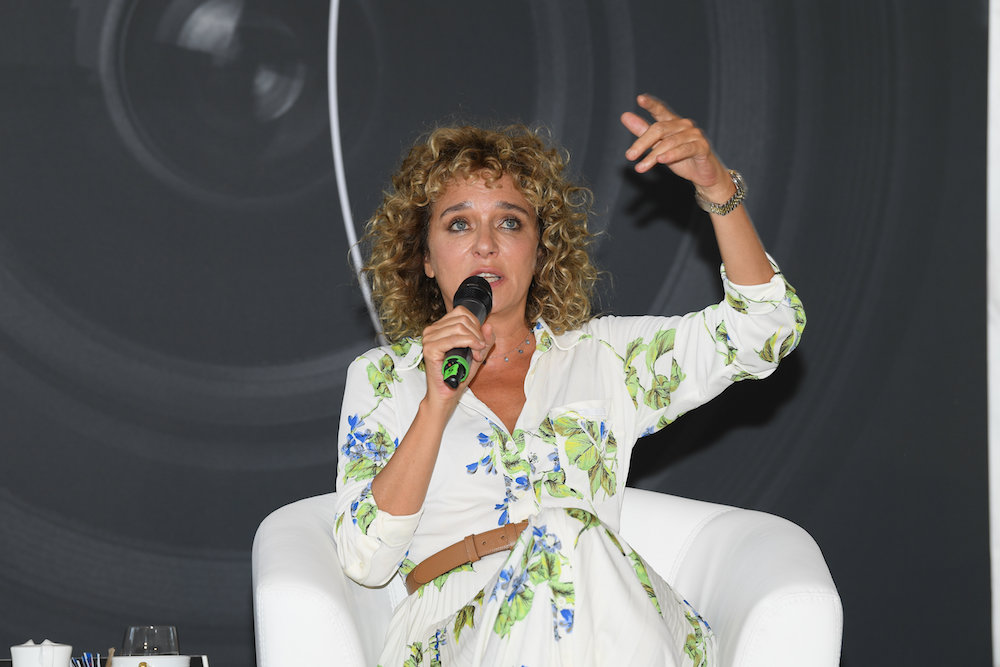
“The presence of women’s vision in cinema is fundamental: what a woman can tell in a movie through her perspective is so different and extraordinary” – Nadine Labaki
“A movie like ‘Scarface’ has left a mark through the generations, being viewed millions of times and being able, more than 30 years later, to still renovate its inspirational role towards several artistic worlds, from music to cinema. Because of this, we understand the social impact of cinema and how what we do really counts” – Brian De Palma
“When cinema can change your mind or even arise a small doubt on something, it means we are looking at true cinema. This is its power, its impact” – Valeria Golino
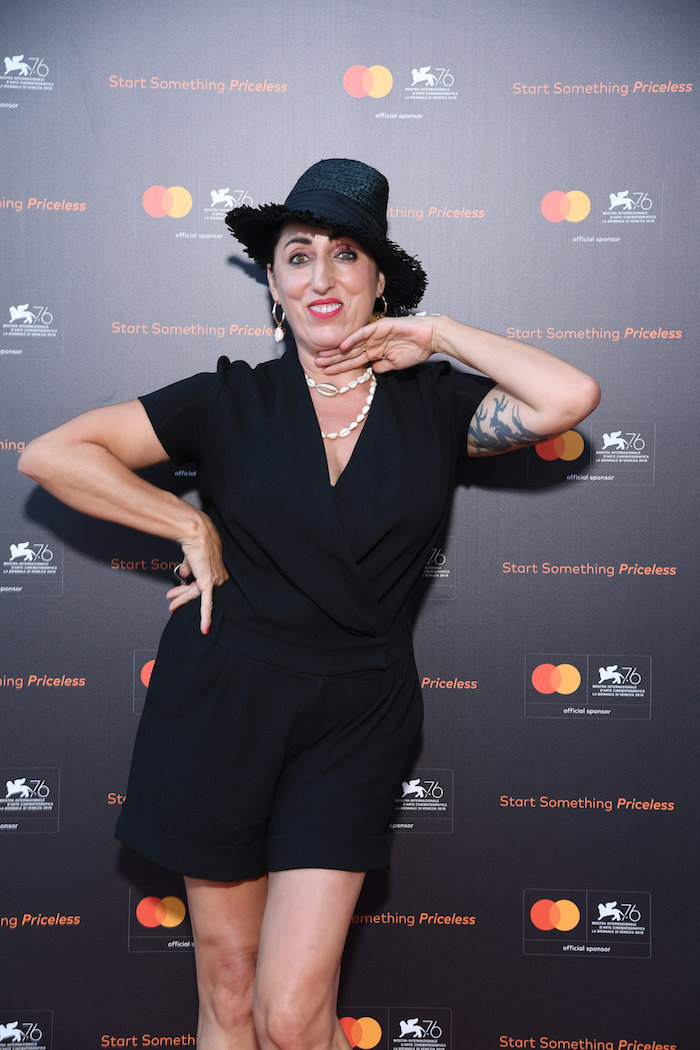
“Telling a lie to showcase a truth is one of the many ways to understand the power of cinema” – Rossy De Palma
“Empathizing with the characters of a movie makes the line between reality and fiction always thinner. Living, experiencing and feeling the same emotions as the protagonists allows us to catch the huge strength of cinema and its forward-looking potential” – Nadine Labaki

